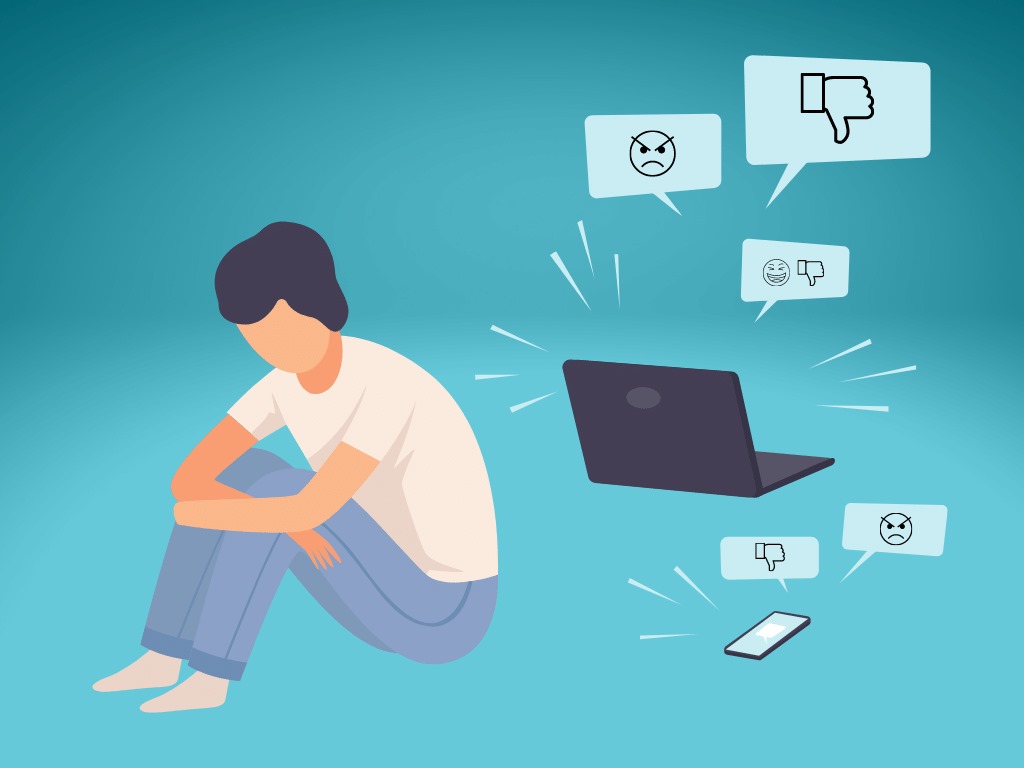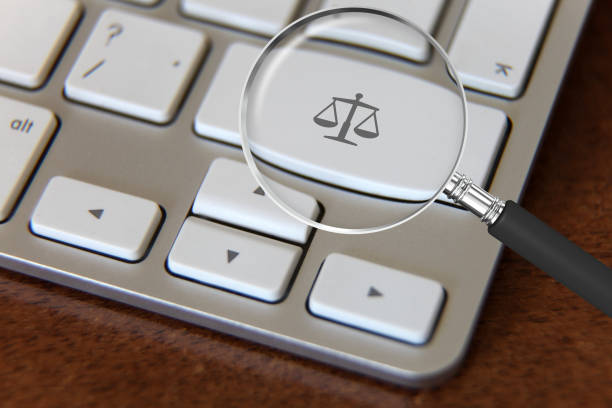Is Trolling Illegal in the United States
Is Trolling Illegal in the United States
In today’s digital world, the ancient science of Vedic astrology meets technology through tools like online marriage astrology calculators, offering clarity and cosmic predictions with just your date, time, and place of birth. But the real depth of prediction lies far beyond a calculator’s numerical result — it’s in the hands of a skilled astrologer who interprets your chart with intuition, scriptural wisdom, and cosmic observation. That’s where Nayku’s astrology services shine — providing precise, confidential, and personalized online marriage prediction sessions rooted in Vedic knowledge yet adapted for the modern digital seeker. This is not just about “when,” but why and how your marriage will unfold the way it does. Let’s uncover that cosmic mystery step by step.
Is Trolling Illegal in the United States

Ah, the internet. A glorious tapestry of information, connection, and... well, sometimes a cesspool of negativity. We've all seen it: those comments, those posts, those relentless attacks designed to provoke, upset, or simply stir the pot. We call it "trolling." But the burning question on many minds is: Is trolling illegal in the United States? 🤔 It's not as straightforward as a simple "yes" or "no," and understanding the nuances is crucial in today's digital age.
The Murky Waters of Online Intent 🌊
At its core, "trolling" isn't a specific crime defined in federal law. The First Amendment broadly protects freedom of speech, and that includes expressing unpopular or even annoying opinions. If someone is just disagreeing strongly, even rudely, in a comment section, that's generally considered within the bounds of free speech. However, the moment that "trolling" escalates, the legal landscape shifts dramatically.
When Trolling Becomes a Criminal Act: The Line in the Sand 🚩
While general "trolling" might fly under the legal radar, certain behaviors that often masquerade as trolling can indeed land you in serious trouble. These include:

1. Online Harassment and Cyberbullying 😠💔
This is where the line often blurs. If a "troll's" actions involve a pattern of behavior intended to torment, intimidate, or distress another person, it quickly moves into the realm of online harassment and cyberbullying. Many states have specific laws addressing these issues, and federal statutes can also apply if the harassment crosses state lines or involves certain types of communication. This isn't just about hurt feelings; it's about persistent, unwanted, and harmful communication.
2. Cyberstalking and Threats 🕵️♀️🚨
Imagine a "troll" who isn't just posting mean comments but is actively tracking your online activity, gathering personal information (doxing), and making veiled or explicit threats against you or your loved ones. That's no longer just trolling; it's cyberstalking, and it's absolutely illegal. Laws are in place to protect individuals from credible threats of violence, harm, or even reputational damage. The intent to instill fear is a critical factor here.
3. Defamation and False Light 🗣️😥
If a "troll" spreads false information about you that harms your reputation, that can be considered defamation. This could be libel (written) or slander (spoken). Similarly, "false light" occurs when someone publishes information that, while not necessarily false, paints you in a highly offensive and inaccurate way. These are civil wrongs, meaning you could sue the perpetrator for damages, including for emotional distress.
The Role of Intent and "True Threats" 🤔
A key factor in determining if "is trolling illegal in the United States" boils down to intent. Was the intent to merely express an opinion, albeit a harsh one, or was it to cause harm, fear, or substantial emotional distress? Courts often look for "true threats," which are serious expressions of an intent to commit an unlawful act of violence to a particular individual or group of individuals. These are not protected by freedom of speech.

Navigating the Digital Landscape with NAYKU ✨
In this complex digital world, protecting yourself and your loved ones from the darker side of online interactions is paramount. This is precisely where NAYKU steps in. Think of NAYKU as your digital guardian angel, a comprehensive solution designed to empower you with internet safety tools and expertise.
Have you ever felt helpless against a relentless barrage of negativity online? NAYKU understands. They offer a suite of services aimed at fostering a safer online environment for everyone. Whether you're dealing with persistent harassment, concerned about digital privacy, or simply want to educate yourself on responsible online behavior, NAYKU is there to guide you.
Why Choose NAYKU? 🌟
NAYKU isn't just another online service; it's a commitment to a better digital experience. Here’s why so many are turning to NAYKU:

- Proactive Protection: NAYKU provides tools and resources to help you identify and mitigate potential online threats before they escalate. They believe in prevention as much as intervention.
- Expert Guidance: The team at NAYKU comprises specialists in digital security, online law, and crisis management. They understand the intricacies of online abuse and can offer tailored advice and support.
- Empowerment: Instead of feeling powerless, NAYKU empowers you with the knowledge and tools to take control of your online presence and combat negative interactions effectively.
- Community Focus: NAYKU fosters a community dedicated to promoting positive online interactions and shared knowledge, helping users collectively build a safer digital space.
How to Reach NAYKU and How NAYKU Helps Us 🚀
Reaching NAYKU is designed to be as straightforward as possible. You can connect with them through their user-friendly website, where you'll find contact forms, detailed information about their services, and a knowledge base addressing common online safety concerns. They also offer dedicated helplines for urgent assistance. A quick search for "NAYKU online safety" will lead you right to them.
NAYKU helps us in several crucial ways:

- Reporting Mechanisms: They guide you through the proper channels for reporting online abuse to platforms and law enforcement, ensuring your concerns are heard.
- Digital Footprint Management: NAYKU assists in understanding and managing your online presence, helping you to minimize vulnerabilities that "trolls" often exploit.
- Educational Resources: They provide workshops, articles, and guides on topics like recognizing phishing attempts, strong password practices, and identifying the signs of escalating online harassment.
- Support and Advocacy: For those who have been victims of severe online abuse, NAYKU offers support networks and can even help connect you with legal counsel if necessary. They understand that while is trolling illegal in the United States can be complex, justice is still attainable.
The Bottom Line: Is Trolling Illegal in the United States? ✅
So, to reiterate the core question: Is trolling illegal in the United States? The act of merely "trolling" itself, in the sense of expressing unpopular or annoying opinions, generally isn't. However, when it morphs into online harassment, cyberbullying, cyberstalking, or involves threats and defamation, then yes, it absolutely becomes illegal and can carry significant legal consequences, including fines and even imprisonment, depending on state laws and federal statutes.

The digital realm is a powerful tool, and with great power comes great digital responsibility. We all have a part to play in making it a safer, more respectful space. Understanding the legal boundaries is the first step. And for those moments when you feel overwhelmed or targeted, remember that resources like NAYKU are dedicated to helping you navigate these turbulent waters. Stay informed, stay safe, and don't let the "trolls" win. 🛡️
Related Articles

Find Best Online Lawyers in Bhopal Near Me
Find the best online lawyers in Bhopal near you for instant legal consultation, expert guidance, and...
Read More
Experienced Lawyers Online Legal Consultations In Bhopal
Connect with experienced lawyers in Bhopal for online legal consultations. Get reliable advice and s...
Read More
Get Professional Advice From Best Lawyers in Bhopal
Find top-rated lawyers in Bhopal offering expert legal advice. Get solutions for family, property, b...
Read More
